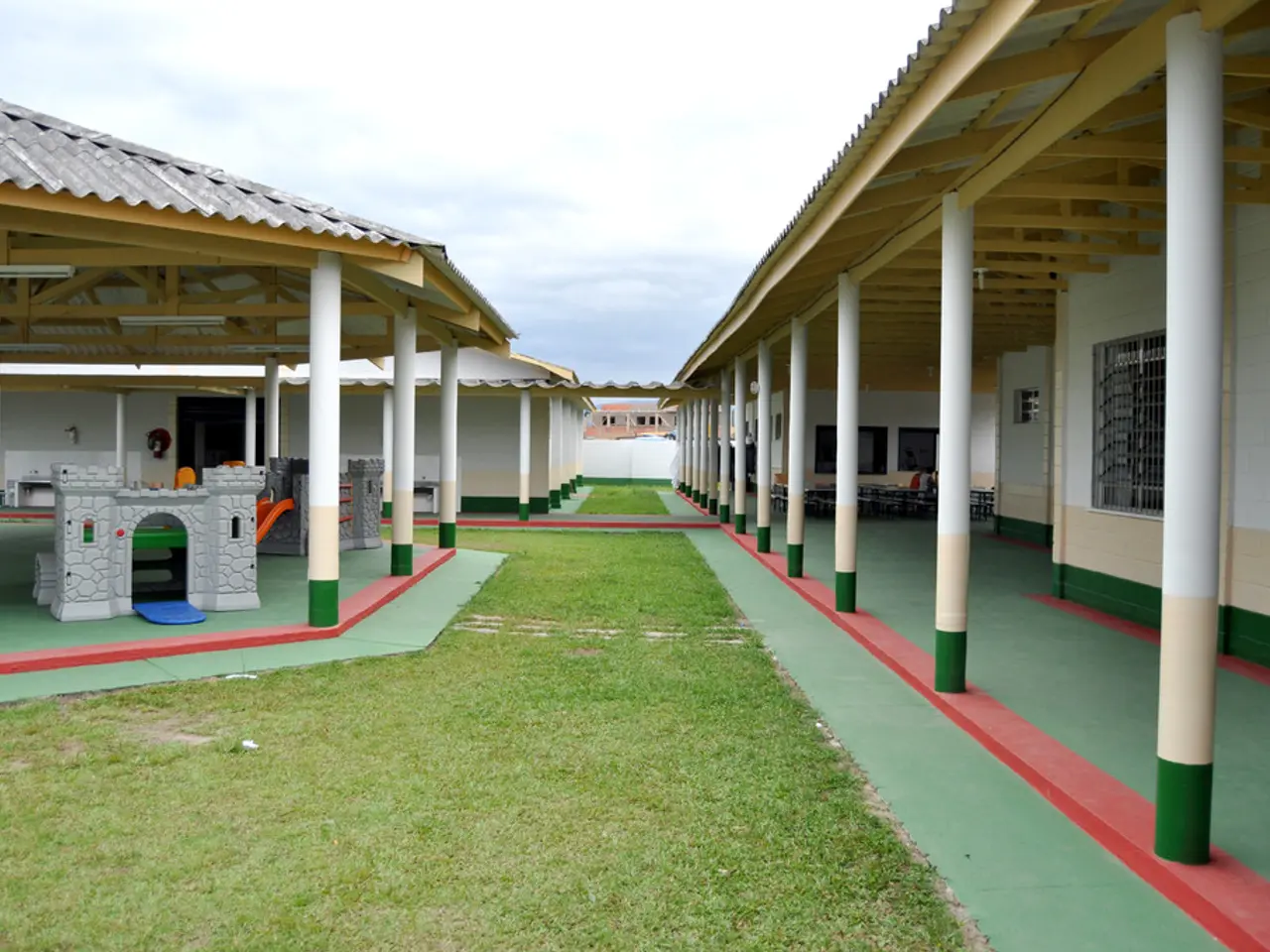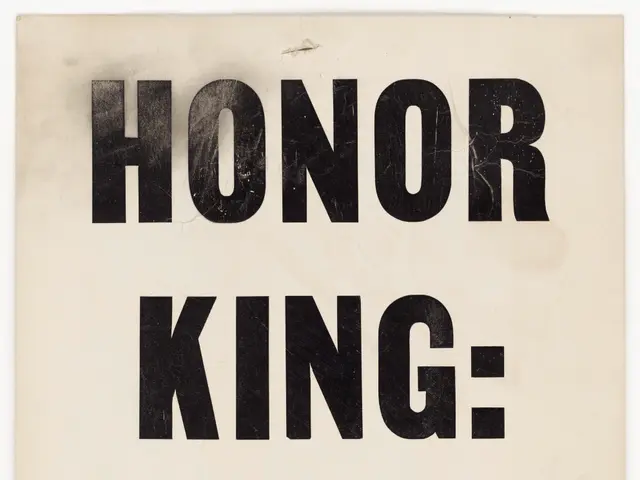From Ragged Beggarly Life to Medical School Career
The Rochester Street Outreach Program, an initiative at the University of Rochester School of Medicine and Dentistry, is making a significant impact on the lives of individuals experiencing homelessness and substance use challenges in the city.
Dr. Emma Lo, a physician practicing emergency medicine, founded the program with a mission to provide direct, compassionate support to vulnerable populations. She started by exploring the city to find individuals in need, and her efforts have since grown into a dedicated team of medical students and volunteers.
One of the program's key strategies is building trust with the individuals they encounter. Nikhil Bamarajpet, a second-year medical student at Rochester, recounts how he met a man named Hubert, who showed him where people experiencing homelessness were staying. Bamarajpet believes that this outreach experience complements his classwork by showing the human impact of diseases.
The program's approach is patient and persistent. They have worked with a difficult man for over two years, starting with simply saying hello and tolerating him. Despite the man's behaviour, which led to him being banned from housing in the past, the outreach team's persistence led to him getting housing.
The program brings essential items like shoes, socks, sleeping bags, and food donations to people living on the streets. They also visit the Open Door Mission homeless shelter on Thursdays. Counselors visit occasionally, but so do river rats, which were a significant problem for the homeless community.
Dr. Mike Hudson, MD, runs Regional Health Reach at the shelter, a federally qualified health center providing medical care to people experiencing homelessness in Rochester. Hudson's patient and trust-building approach with people experiencing homelessness is seen as a great role model for medical students.
The program's impact extends beyond immediate assistance. Bamarajpet believes that it helps answer the question, "How can we humanize that group and be able to build practitioners who are empathic?" He decided to pursue a career in medicine after witnessing the program's work and specifically sought a school with an outreach program for people experiencing homelessness.
However, challenges persist. City efforts to clear encampments often disrupt established connections by displacing people from safe spaces and nearby resources. Outreach workers note that clearing encampments near key service centers can push people further from help, undermining program effectiveness.
Lessons learned from this and similar efforts emphasize that removing homeless encampments without providing accessible, acceptable alternatives does not solve underlying problems. Instead, outreach programs that offer peer support, harm reduction education, care coordination, and clinical assessments are critical for supporting recovery and stability. Stakeholders also highlight the need for sustained community collaboration, flexible services, and harm reduction strategies to improve outcomes for unsheltered individuals.
In summary, the Rochester Street Outreach Program is bridging critical gaps in assistance for homeless and substance-affected populations. Its full potential depends on avoiding disruptive sweeps of encampments and enhancing resource accessibility at trusted sites. The program’s experience underlines the importance of combining direct service outreach with broader systemic solutions to homelessness and addiction.
Program participants say what they learn through outreach can have a career-long effect, helping them see patients in a different light and better understand them. Lo emphasizes the importance of being radically patient-centered or radically person-centered, meaning truly listening to what the person wants for themselves.
[1] Source: https://www.urmc.rochester.edu/news/story/3496/street-outreach-program-helps-homeless-populations-in-rochester.aspx
[5] Source: https://www.urmc.rochester.edu/news/story/3500/street-outreach-program-helps-homeless-populations-in-rochester-part-2.aspx
- The Rochester Street Outreach Program, operating under the University of Rochester School of Medicine and Dentistry, aids homeless individuals and those battling substance use issues in the city.
- Dr. Emma Lo, an emergency medicine physician, initiated the program, providing direct support to disadvantaged groups by scouring the city for those in need.
- The program's expansion includes a dedicated team of medical students and volunteers, expanding its reach to more individuals.
- Building trust is key to the program's strategy, as explained by Nikhil Bamarajpet, a second-year medical student who met a man named Hubert during his outreach work.
- Chronic diseases, mental health issues, and other medical conditions are often encountered during outreach activities, showing the human impact of various diseases.
- The program's persistence and patience are evident in their two-year relationship with a difficult individual, who was eventually able to secure housing.
- Essential items like food, sleeping bags, and clothing are provided to homeless individuals, in addition to regular visits to the Open Door Mission homeless shelter.
- Counselors occasionally visit the shelter, but river rats, a problematic group, were also a concern for the homeless community.
- Dr. Mike Hudson, MD, runs Regional Health Reach at the shelter, offering medical care to homeless individuals and serving as a role model for medical students.
- The program's influence extends beyond immediate assistance, fostering empathetic practitioners and shaping students' career choices, such as Bamarajpet, who decided to pursue a career in medicine.
- City-led encampment clearances pose a challenge, displacing individuals from safe spaces and nearby resources, which can undermine the program's effectiveness.
- Outreach programs providing peer support, harm reduction education, care coordination, and clinical assessments are crucial for recovery and stability among unsheltered individuals.
- Sustained community collaboration, flexible services, and harm reduction strategies are essential in improving outcomes for homeless individuals.
- Removing homeless encampments without providing alternative resources fails to address underlying problems, making outreach programs more critical.
- Science, education, and self-development play a role in addressing homelessness and addiction, requiring systemic solutions beyond just outreach programs.
- The program's findings underscore the importance of combining direct service outreach with broader systemic changes to combat homelessness and addiction.
- Program participants learn valuable lessons that shape their careers, helping them understand patients better and cultivate empathy and patience.
- Lo stresses the importance of adopting a radically patient-centered or radically person-centered approach, emphasizing active listening to individuals' needs and desires.
- Topics such as workplace wellness, fitness and exercise, skin care, nutrition, aging, women's health, men's health, neurological disorders, cbd, sports, football, and sports betting can be integrated into education and self-development efforts, fostering personal growth, career development, and job-search skills.





